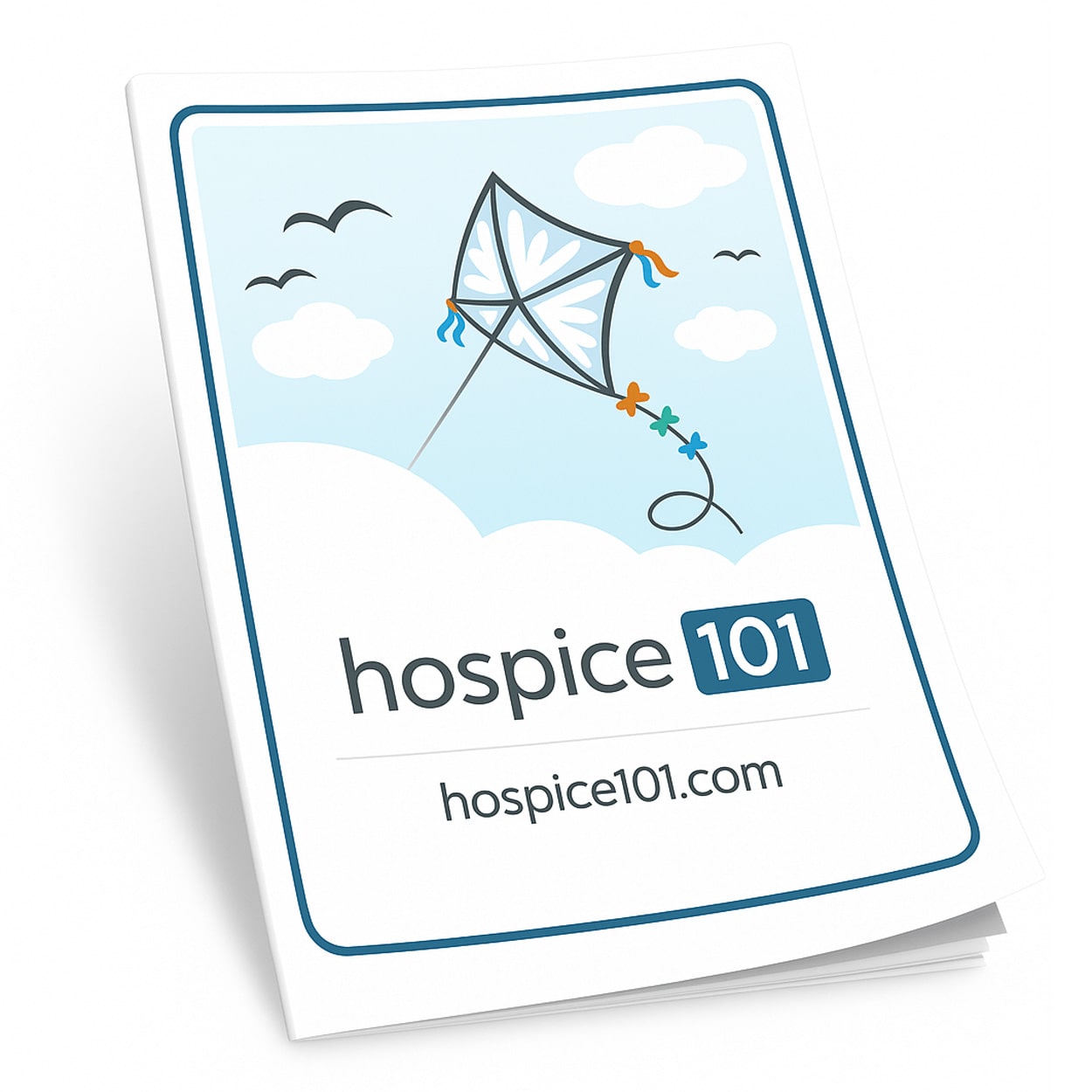Preparing for Hospice Care
If a decision has been made that hospice care is the right choice for you or your loved one, now is a good time to get together with family and caregivers to determine who will participate in care activities, where that care will take place, and who will make medical decisions if you are or your loved one is unable to do so.
Who will be the primary caregiver?
It’s important to note, in most home-based situations, family members or trusted friends are designated as the primary caregivers and provide care when hospice staff is not at the home setting. Most often, one person is the primary caregiver, but this role can be filled by several people. Hospice staff can educate caregivers on how to provide hands-on care—such as administering medications, addressing personal hygiene needs and attending to feedings. Hospice staff can also prepare caregivers for each stage of the dying process.
Typically, families and caregivers coordinate with each other to ensure someone is always with the terminally ill person. The hospice care team provides 24-hour clinical support by phone and through home visits as needed. In situations where the person receiving hospice care lives alone and does not have family or friends for support, the hospice team works to ensure the safest caregiving environment.
What is the best setup for providing care?
Most people receiving hospice care prefer to be in a home setting surrounded by family and friends. Whether care is provided at a residence or a facility, multiple pieces of medical equipment are needed for care. Equipment may include a hospital bed, an oxygen concentrator, an overbed table, a wheelchair or other devices that help increase comfort, as well as the ability of the caregiver to provide care.
Some people may prefer to receive hospice care in their bedroom, but consideration should be given to a central location where more space is available to administer care and for visitation.
What can be done to ensure the person’s wishes are honored?
The best way to ensure that the terminally ill person's wishes are met is to set up advance directives. This may include designating someone as a medical power of attorney or health care proxy, setting up a living will and completing documentation that clearly states preferences for a natural death. Advance directives should be completed as early as possible.
Many states have forms specifically designed for those with a life-limiting illness to outline wishes. The hospice care provider should be able to offer direction or assistance with completing these forms. ■
